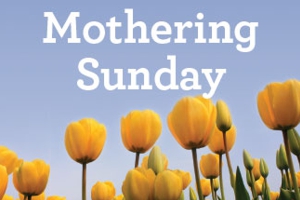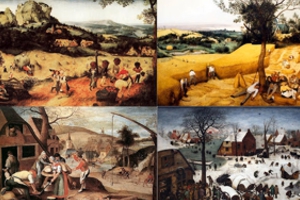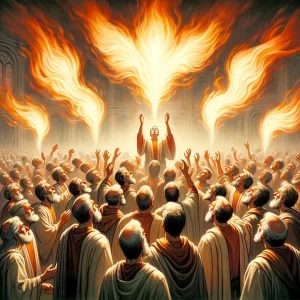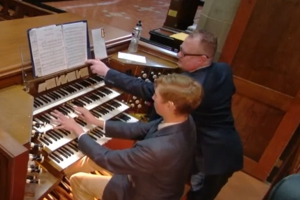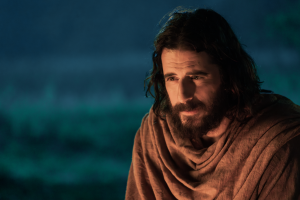Mothering Sunday, not to be confused with Canadian Mother's Day, is celebrated in Anglican Churches on the fourth Sunday in Lent; and dates to the custom in England when domestic servants in the grand houses of the landed gentry were permitted to go home to visit their home church and mother. Often the housekeeper or cook would allow the maids to bake a cake to take home to their mother. Sometimes a gift of eggs or flowers from the garden (or hothouse) was allowed, or they may have picked wildflowers from he wayside, violets especially.
In Canada, Mothers' Union branches observe Mothering Sunday by distributing flowers to mothers and serving the traditional Simnel cake and/or cookies after worship. Simnel cake is a light fruit cake made with a layer of marzipan in the middle and if desired a layer on top. The cake is decorated with 11 marzipan balls representing the 12 apostles minus Judas, the betrayer of Christ. If 12 balls are used, the 12th one is to represent Jesus.
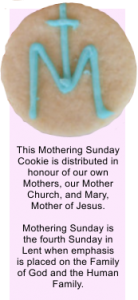
Even more ancient custom is the Fourth Sunday in Lent referred to as Laetare Sunday, when the Church took a bit of a breather from Lenten practice and opened the Eucharist with the entrance antiphon, “Rejoice, Jerusalem … be joyful, all who were in mourning!” – from Isaiah chapter 66. The Latin word means “rejoice..”
On this Sunday, in churches that had them, priests would wear rose coloured vestments on both Laetare Sunday and Gaudete Sunday (the Third Sunday of Advent). The colour was used as a sign of the joy characterizing these two Sundays. The use of rose vestments may even originate in an even more ancient tradition of the Church blessing golden roses that were sent to heads of state on the Fourth Sunday in Lent.
In addition to attending Sunday worship a family might choose to mark Laetare Sunday by anticipating the Easter feast; a Sunday brunch with roses on the table or during this beginning period of spring to plant a rose bush on this day. Noting the medieval tradition of visiting one’s “mother church” (the church where one was baptized) on this day might suggest a family trip to see where mom and dad or the children began their journey of faith. In any case, this Sunday seemed to be a most appropriate day for “Mothering Sunday.”
Recipe for Simnel Cake
| 3/4 cup soft butter 3/4 cup sugar 4 eggs 1/2 tsp almond extract 2 cups raisins 1 cup currants 1/2 cup mixed peel |
1/3 cup chopped candied cherries 2 tsp lemon rind 2 cups flour 1 tsp baking powder 1/2 tsp salt 500 grams of almond paste, at room temperature |
Directions:
Cream butter and sugar. Add eggs 1 at a time. Add almond extract. Sift together the flour, baking powder and salt. Add to eggs, then add the fruit and mix.
Put 1/2 the mixture in an 8” springform pan lined with waxed or parchment paper. Roll half of almond paste and place in pan. Spoon remainder of batter on top. Bake 30 min at 350°F then reduce heat to 300°F and bake 1 1/2 hours longer. Cool 10 min. Heat oven to 425°F.
Roll remaining almond paste into an 8” round circle and 12 small balls. Put the circle on top of the cake and place the balls on top like the numbers on a clock.
Listen to Deacon Isabel Cutler speak about Mothers' Union at the Cathedral on Sunday March 10th.
